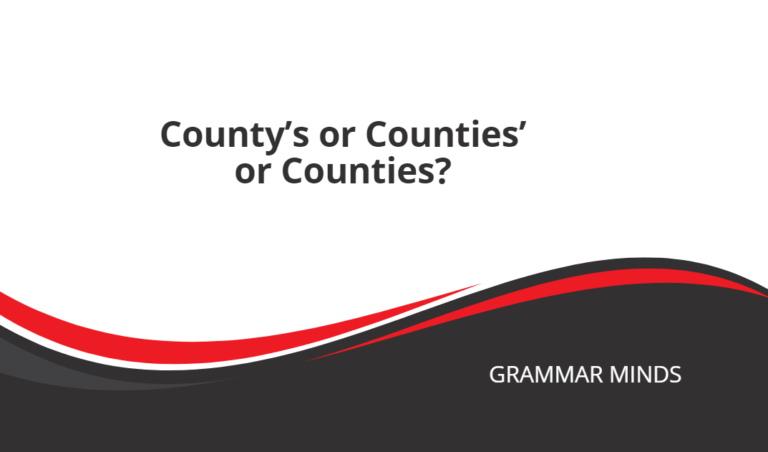The term neighbor’s is the standard singular possessive form of the word neighbor. For example, “The neighbor’s cat is often seen in our yard.” furthermore, neighbors’ is the plural possessive form, as in “The neighbors’ cars were parked along the street.” The base form, neighbors, denotes the regular plural.

Here is a chart showing the different forms of the word neighbor:
| Form | Example |
| Singular | Neighbor |
| Plural | Neighbors |
| Singular possessive | Neighbor’s |
| Plural possessive | Neighbors’ |
To form the singular possessive, an apostrophe and an “s” are added. For the plural possessive, an apostrophe is added to the end of the plural word neighbors.
Consider the following examples demonstrating the different forms in context:
- Singular: The neighbor’s garden is well-maintained.
- Plural: The ideal situation is to have friendly neighbors.
- Singular possessive: The neighbor’s kindness was appreciated by all.
- Plural possessive: The neighbors’ complaints were addressed by the homeowners’ association.
Using the wrong forms of the possessive for the word neighbor can make your work look unprofessional. Therefore, continue reading the rest of this article to enhance your understanding of the various forms and how to use each of them correctly..
Neighbor’s
The term neighbor’s represents the singular possessive form of neighbor. It is used to indicate ownership or possession by a single neighbor.
Possessions attributed to a neighbor can include both tangible and intangible items, as illustrated in the following examples:
- The neighbor’s dog barks loudly every morning.
- I borrowed the neighbor’s lawnmower for a quick yard cleanup.
In both instances, the reference is to a single neighbor possessing something.
Neighbors’
The term neighbors’ functions as the plural possessive form of neighbor. It is employed when indicating that more than one neighbor owns or possesses something.
The formation of the plural possessive involves adding an apostrophe to the end of the plural word neighbors.
Examples of its use include:
- The neighbors’ children play together in the park.
- We attended the neighbors’ barbecue to celebrate the holiday.
Neighbors
The term neighbors is the standard plural form of the word neighbor. It should be used to denote a plural quantity of neighbors in sentences that are not possessive.
With the word neighbors, you can refer to a specific number of neighbors, as demonstrated in these examples:
- All the neighbors attended the community meeting.
- There are over twenty neighbors in our apartment building.
Alternatively, it can be employed to refer to all neighbors collectively:
- Neighbors often come together to support each other during challenging times.”






